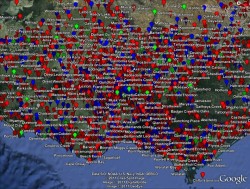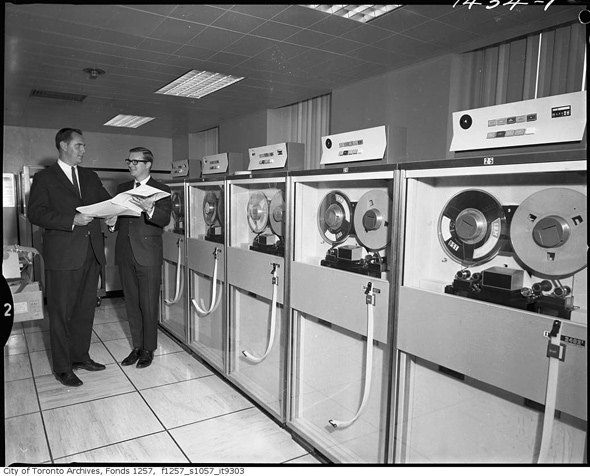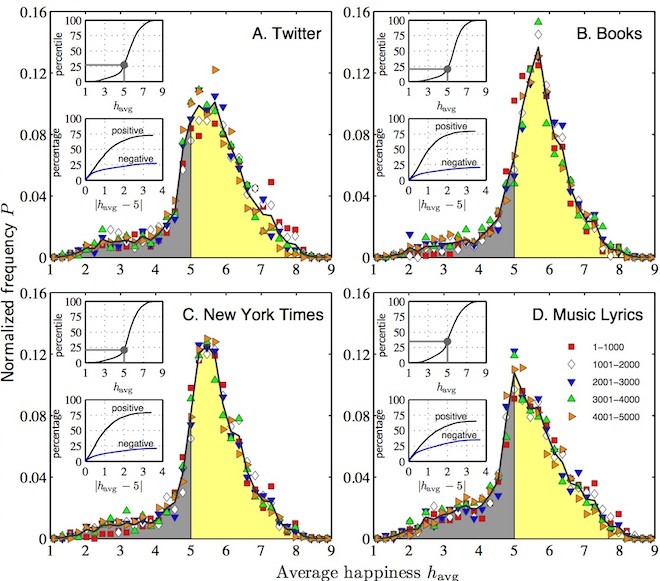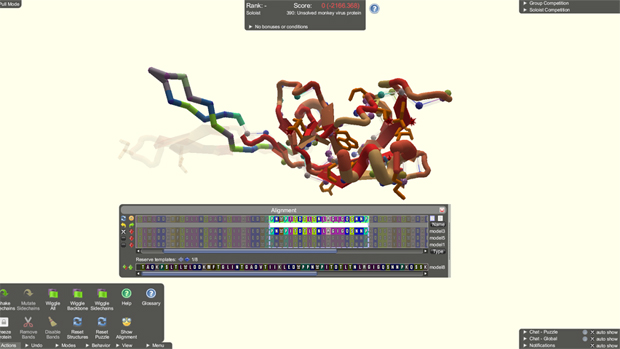 I’m on research leave this year and spending a couple months this Fall in Kyoto hosted by the Art Research Center at Ritsumeikan University. For those who care, I will be posting photos up on my Flickr account like this first set, Kyoto – a set on Flickr.
I’m on research leave this year and spending a couple months this Fall in Kyoto hosted by the Art Research Center at Ritsumeikan University. For those who care, I will be posting photos up on my Flickr account like this first set, Kyoto – a set on Flickr.
Every story has a beginning
Every story has a beginning is the text of a keynote by Tim Sheratt that nicely weaves individual stories together as an example of what we can do with information technology. I highly recommend it; he quotes Steve Ramsay and Tim Hitchcock to the effect that what is important are the stories of individuals like those he paints through the digital archives he has access to. He sets this humanistic view of how we can use the technology against the Culturomics approach which is trying to turn history and its archives into grist for cultural science. Sheratt calls the culturomic vision “barren” and I tend to agree. He ends by asking,
But who defines the problems?
His answer is Linked Data which “gives us a way to present an alternative to Google’s version of the world. We can argue back against the search engines, defining our own criteria for relevance, and building our own discovery networks.” (And his talk has a link for those who want to view the triples…) I would say that we can also build tools like Voyant (formerly Voyeur, which he uses) to help us begin to tell the stories.
Canadian Writing Research Collaboratory Launch
I am at the Canadian Writing Research Collaboratory (CWRC) launch. CWRC is building a collaborative editing environment that will allow editorial projects to manage the editing of electronic scholarly editions. Among other things CWRC is developing an online XML editor, a editorial workflow management tools, and integrated repository.
The keynote speakers for the event include Shawna Lemay and Aritha Van Herk.
Vintage computers and technology in Toronto
From Sean and Boing Boing I got to Vintage computers and technology in Toronto. Derek Flack went into the Toronto Public Library’s archives and scanned some of the photographs they have of vintage computers. Some of the pictures are of control systems that are not really computers, but none-the-less, they are cool. This complements the research we are doing going through the Globe and Mail looking at what was being written about computers in the 50s to 70s.
Compute/Calcul Canada Works with Humanities
Compute/Calcul Canada has partnered with Super Micro to offer a High-Performance Computing platform for humanities researchers. Super Micro has kindly donated a HPC system that Compute Canada will make available with support to humanists. To get access you have to apply through the National Resource Allocation process. It isn’t clear what you do as a humanist.
Continue reading Compute/Calcul Canada Works with Humanities
Happy Words Trump Negativity in the English Language
Happy Words Trump Negativity in the English Language is an interesting story about a study by Kloumann and colleagues on Positivity of the English Language. They used Mechanical Turk to get people to assess whether the high frequency words used in Twitter, Books, the New York Times and Music Lyrics were positive. Their study showed that overwhelmingly English is a positive language. Thanks to Stan for this.
The Fight Over the Future of Digital Books
Dan Cohen has written a good summary of the latest fuss over electronic books, The Fight Over the Future of Digital Books. He explains the latest suit by the Authors Guild against the HathiTrust. This suit is the companion to the suit by the Authors Guild of Google that has still not been resolved.
Pipelines Meeting
At the inaugural Edmonton Pipelines meeting I’ve learned a lot about different spatial projects. Some include:
- City of Edmonton Open Data Catalogue. Edmonton has a great open data initiative. They not only make data sets available, they also have visualization tools that you can use to
- Experimental Geography in Practice. This is the blog of Merle Patchett a postdoctoral fellow who is working on a number of projects including one where she is interviewing people about their suburban memories.
- Becoming Literate in Space and Time. Margaret Mackey is doing a close and personal reading of her literacy. She is, among other things, mapping her childhood literacy.
The Edmonton Pipelines project is SSHRC funded. They are interested in community engagement which is why they organized the inaugural meeting and invited researchers in the city doing work with geography. They chose the name “pipelines” to play with the idea of how data is changed over space. They have a number of subprojects including one on Queer Edmonton that I am interested in as we are working with Pipelines on a locative game that exposes people to the queer history of Edmonton.
Ruecker on Visualizing Time
Stan Ruecker gave a great talk today about Visualations in Time for the Humanities Computing Research Colloquium. He is leading a SSHRC funded project that builds on Drucker and Noviskie’s work on Temporal Modelling. (I should mention that I am on the project.) Stan started by talking about all the challenges to the linear visualization of time that you see in tools like Simile. They include:
- Uncertainty: in some cases we don’t know when it took place.
- Relative time: how do we visualize all the ways we talk about time as relative (ie. events being before or after another)?
- Phenomenological time: how do we represent the experience of time.
- Reception: there is not only the time something happens but the time it is read or received.
Stan then showed a number of visual designs for these different ways of thinking about time. Some looked like rubber sheets, some like frameworks of cubes with things in them, and some like water droplets. Many of these avoided the “line” in the visualization of time.
Gamers’ discovery could generate anti-HIV drugs – Health – CBC News
CBC has a story about how Gamers’ discovery could generate anti-HIV drugs (Sept. 19, 2011). The story is about how players of Fold.It have solved a protein folding problem related to AIDS which has been recently published. (The paper is here.)
What is neat about this project is that it is an example of “citizen science” or crowdsourcing for research. Rather than use the computer to analyze the data, the computer/network was used to make it easier for humans to solve the problems. They turned protein folding into a game that enticed volunteers to play for science.




